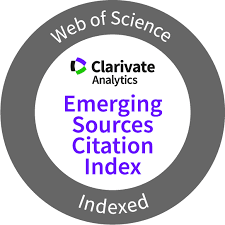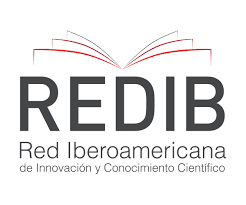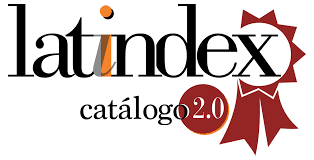Citizenship, language, education and poverty among Mexican migrants in Chicago
Resumen
This paper examines the connection between immigration status, English language
proficiency, and educational achievement as determinants of poverty
among Mexico-born migrants in Chicago, U.S. The theoretical framework of
the study uses Human Capital Theory and the analysis is based on a multistage
cluster probabilistic sample (2005-2006) of Mexican migrants obtained
in Cook County which includes the City of Chicago. Analyses of contingency
tables and logistic regression models show that the most relevant connections
occur between poverty and immigration status as well as between poverty
and English language proficiency. Thus, Mexican immigrants with citizenship
status, work permits, or residency permits (“green cards”) and Mexican
immigrants with high English language proficiency have a lower probability
to be below the poverty threshold than their counterparts. The analysis of
the sample’s educational achievement in Mexico shows that these immigrants
tend to have low levels of education and that the problems associatedwith
school dropout among Mexican migrants extends below high school. Similarly,
the educational achievement obtained in the U.S. is significantly low
among the individuals in the sample. These results point to the plight of
the large levels of undocumented workers with low English proficiency and
suggest the existence of structural problems that impede significant returns
to human capital investments on Mexican education in the U.S. labor market.











